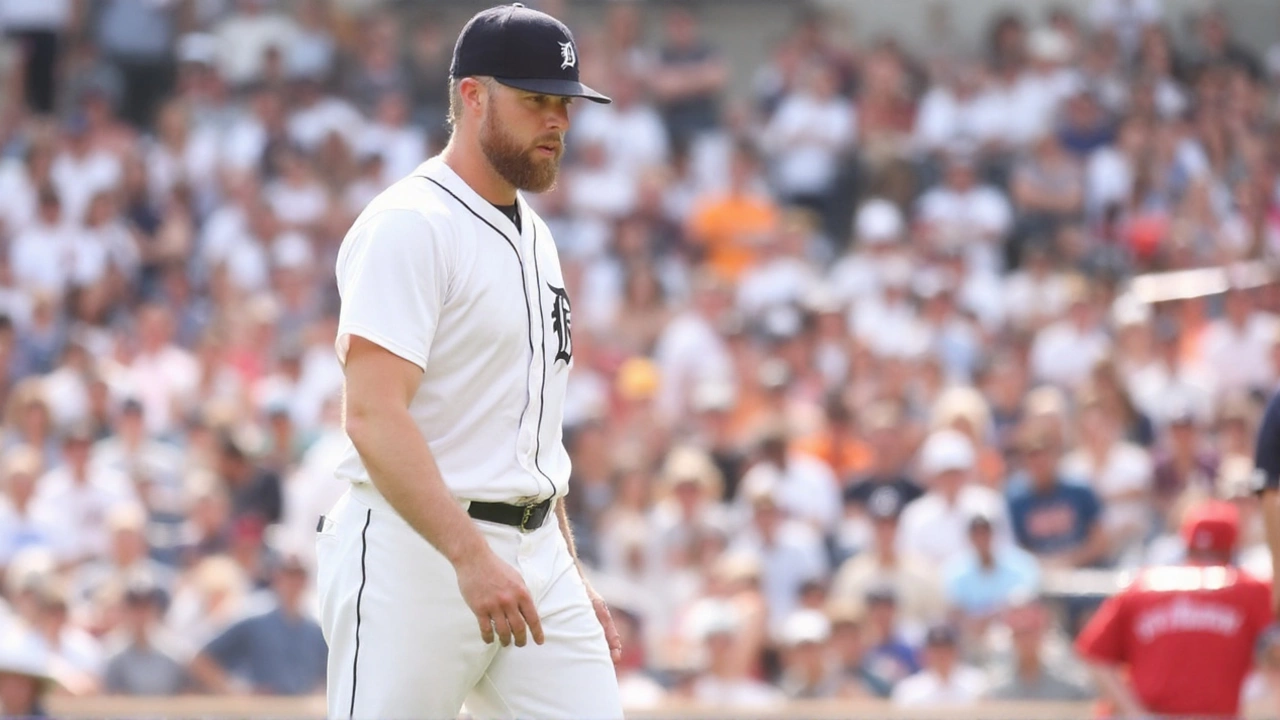From Record‑Breaking Start to Rapid Decline
When the 2025 Detroit Tigers opened the season they looked like a team built for a World Series run. A 33‑17 record after 50 games placed them alongside the legendary 1984 squad that stormed to a 39‑11 start and never looked back. By the end of May, Detroit’s win probability topped 95 percent, and the odds held near 100 percent heading into August.
That confidence evaporated in September. The Tigers have since gone 5‑15, a stretch that has seen Cleveland overtake them in the AL Central. After a Wednesday loss to the Guardians, Detroit slipped to 85‑73 while Cleveland improved to 86‑72, seizing first place on the back of a head‑to‑head tiebreaker.
The swing in probability is staggering. Analytics firms that tracked the Tigers’ chances saw a drop from virtually guaranteed postseason participation to a sub‑50 percent chance in just three weeks. The psychological impact on the clubhouse is evident: veteran pitcher Jack Miller described the atmosphere as "a completely different game" compared to the optimism in early August.

Why the Slide Is So Damaging
Several factors have converged to magnify the Tigers’ woes. First, the rotation lost two of its top starters to injuries in early September, forcing the bullpen to shoulder a record 22 innings in a four‑day span. Second, the hitting lineup, which had posted a .280 team average before the month, slumped to .230, with the leadoff spot hitting just .190.
Third, managerial decisions have drawn criticism. Manager Luis Soto opted for a controversial double‑switch in the series against Cleveland, leaving the team without a left‑handed reliever in the late innings. That move backfired in two of the three games, contributing directly to the losses.
Fans have voiced frustration on social media, with hashtags like #TigersCollapse trending nationwide. Season ticket holders reported a noticeable drop in attendance for the September home games, a stark contrast to the sell‑out crowds seen in July.
Historical perspective adds weight to the drama. The Tigers’ 5‑15 run rivals some of the most infamous end‑of‑season collapses:
- 1995 California Angels – surrendered a 6½‑game lead with 13 games left.
- 1951 Brooklyn Dodgers – famously fell back after a 13‑game winning streak.
- 2011 Boston Red Sox – blew an 11‑game lead, missing the playoffs.
- 2011 Atlanta Braves – lost 19 of their last 30 games, surrendering the division.
- 2007 New York Mets – went 7‑20 in September, missing the postseason.
Compared to those, Detroit’s probability swing—from almost certainty to a precarious chance—could be the largest in modern MLB history. If the Tigers fail to win the division outright, they would need the Guardians to stumble in their final series, a scenario many analysts now deem unlikely.
The next few games will be a test of resilience. Detroit travels to Boston to face the Red Sox, while Cleveland hosts the Texas Rangers. Both teams have a chance to cement their postseason fate, but the Tigers must overcome both a talent deficit and a morale crisis.
As the final out of the regular season approaches, the story of the Detroit Tigers serves as a cautionary tale: in baseball, no lead is safe until the last pitch is thrown.
